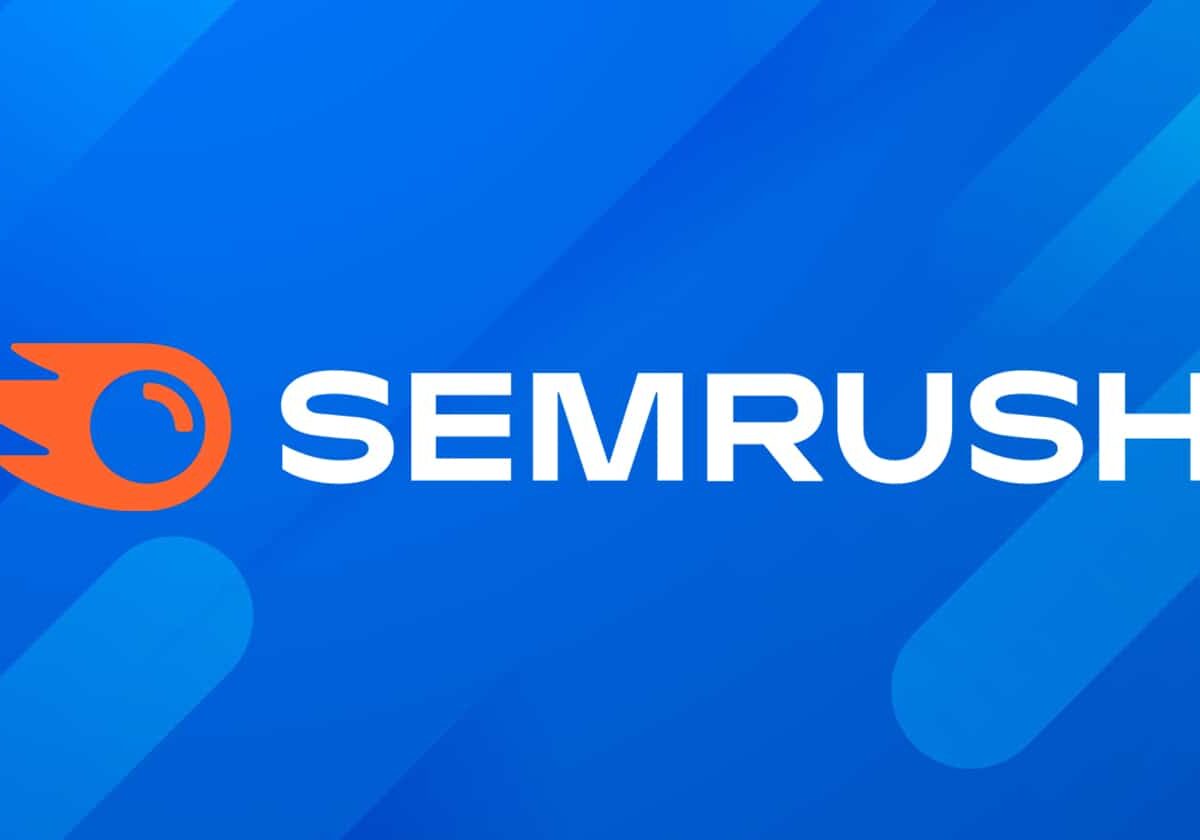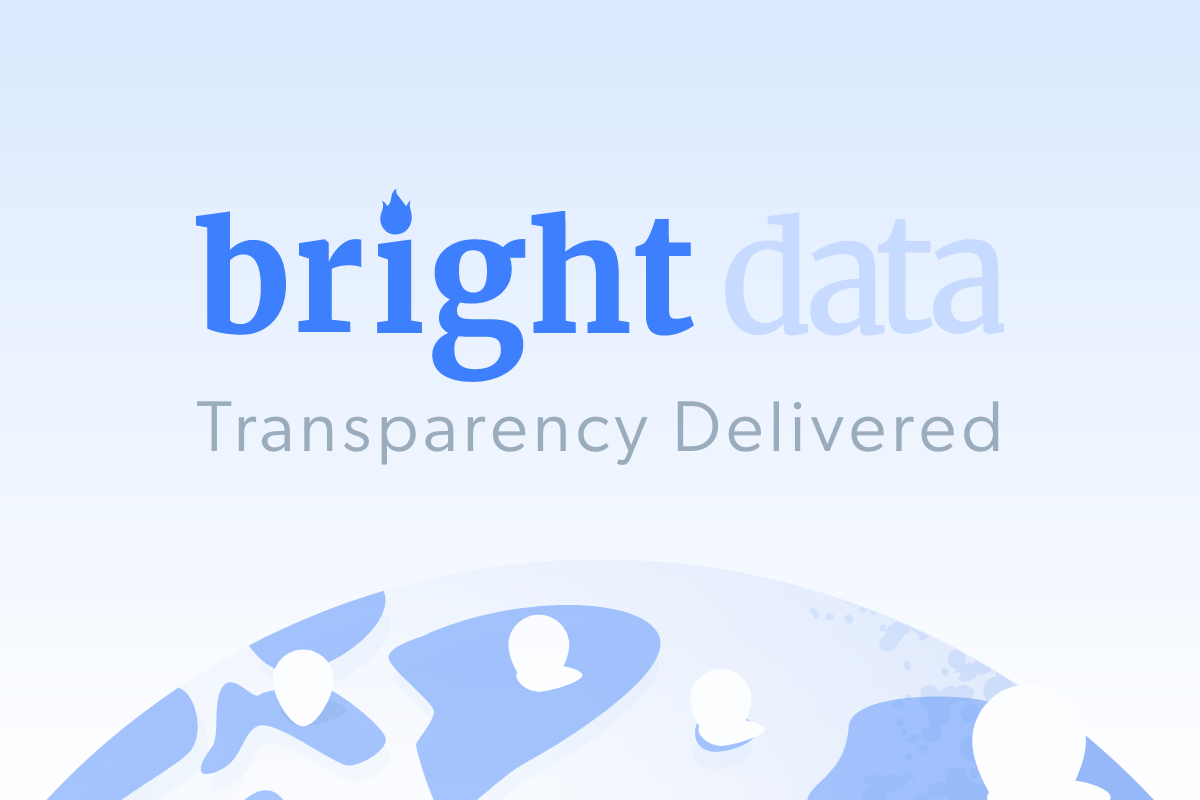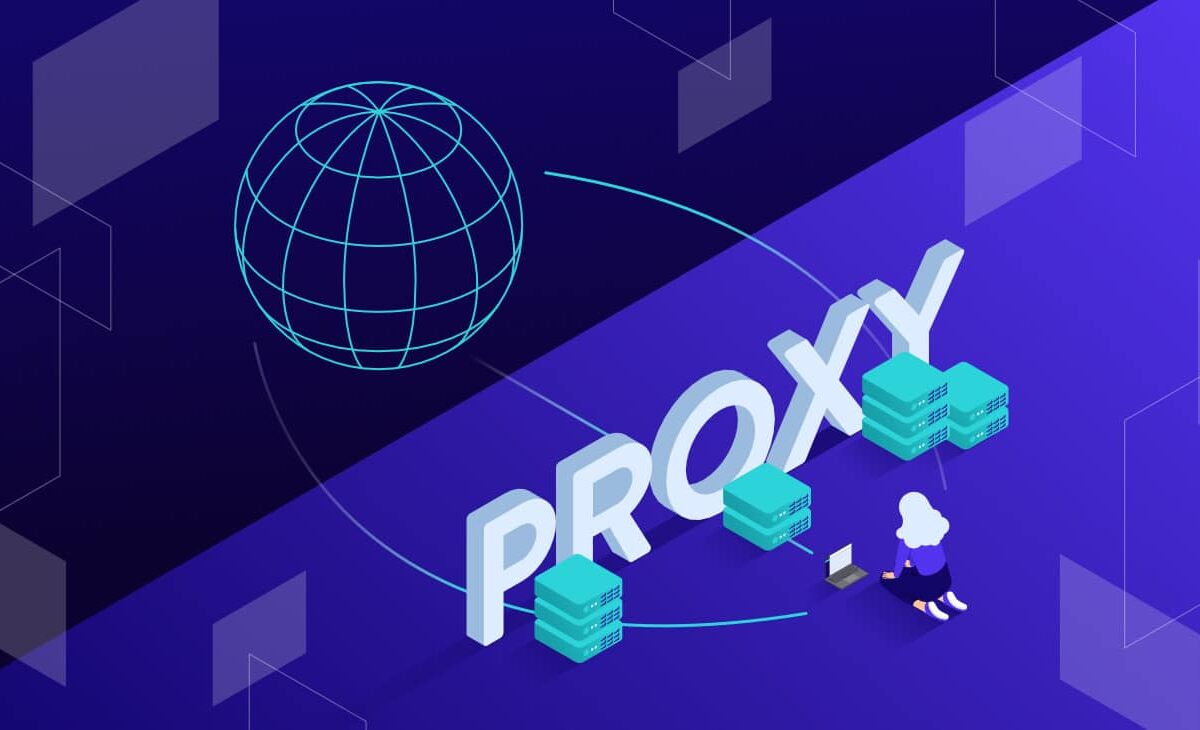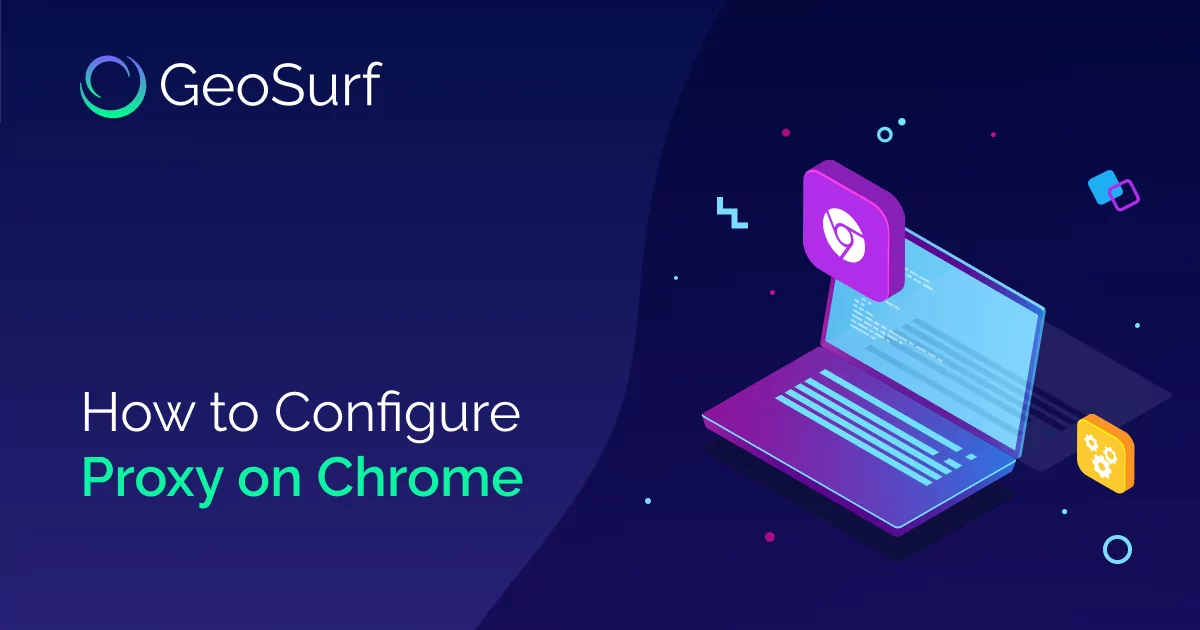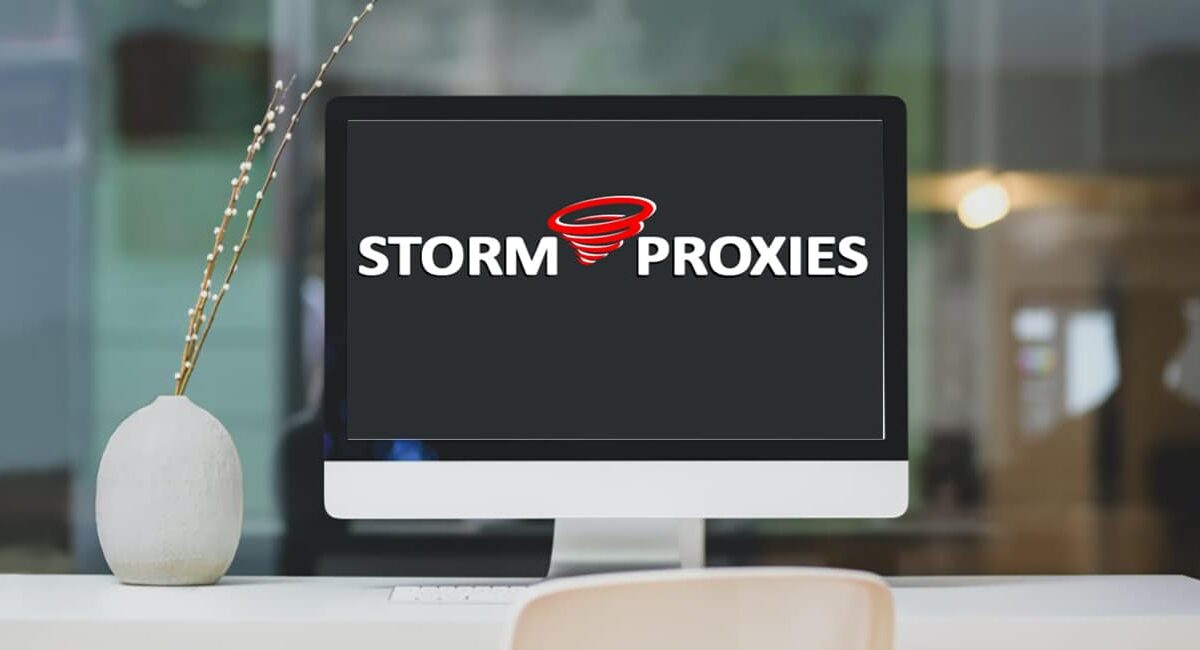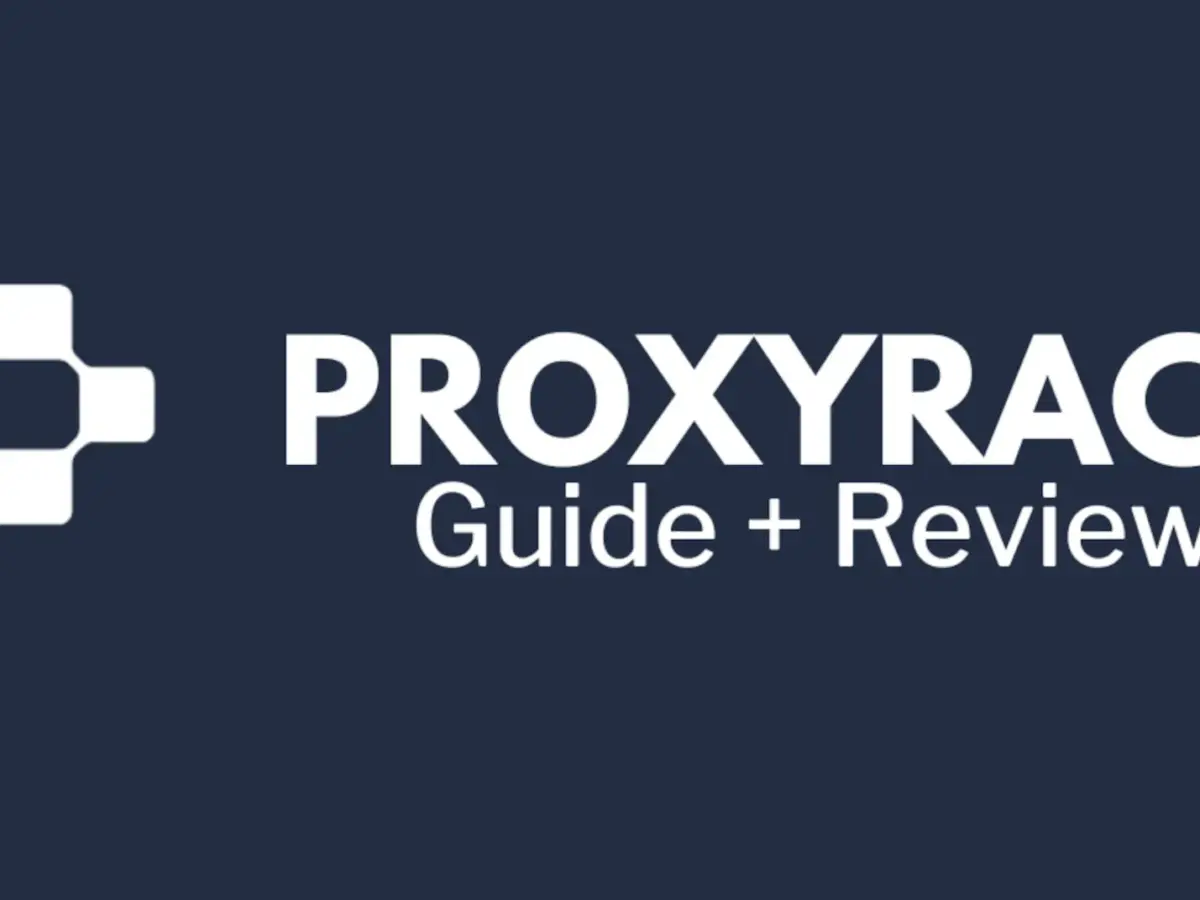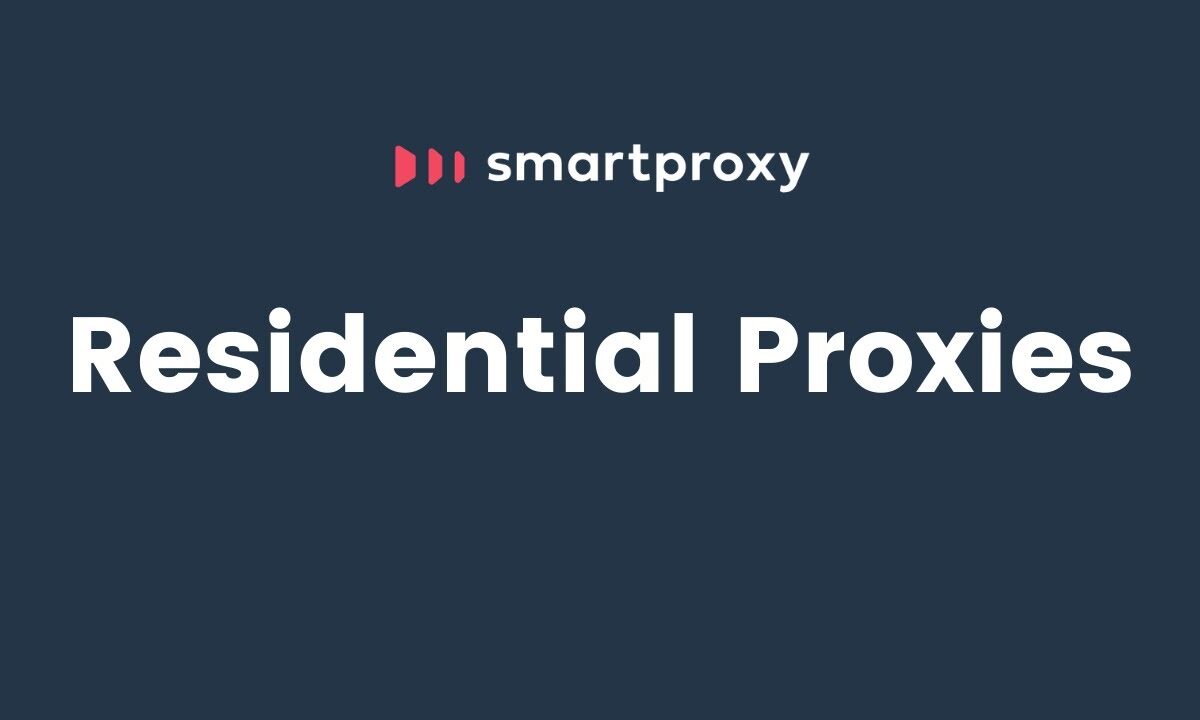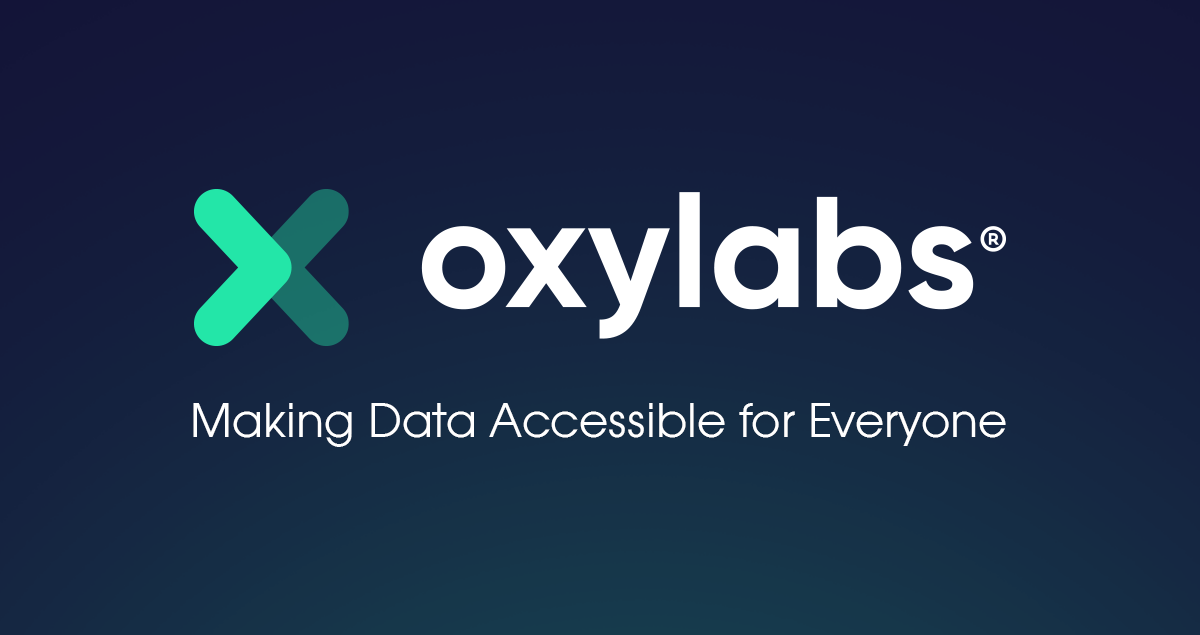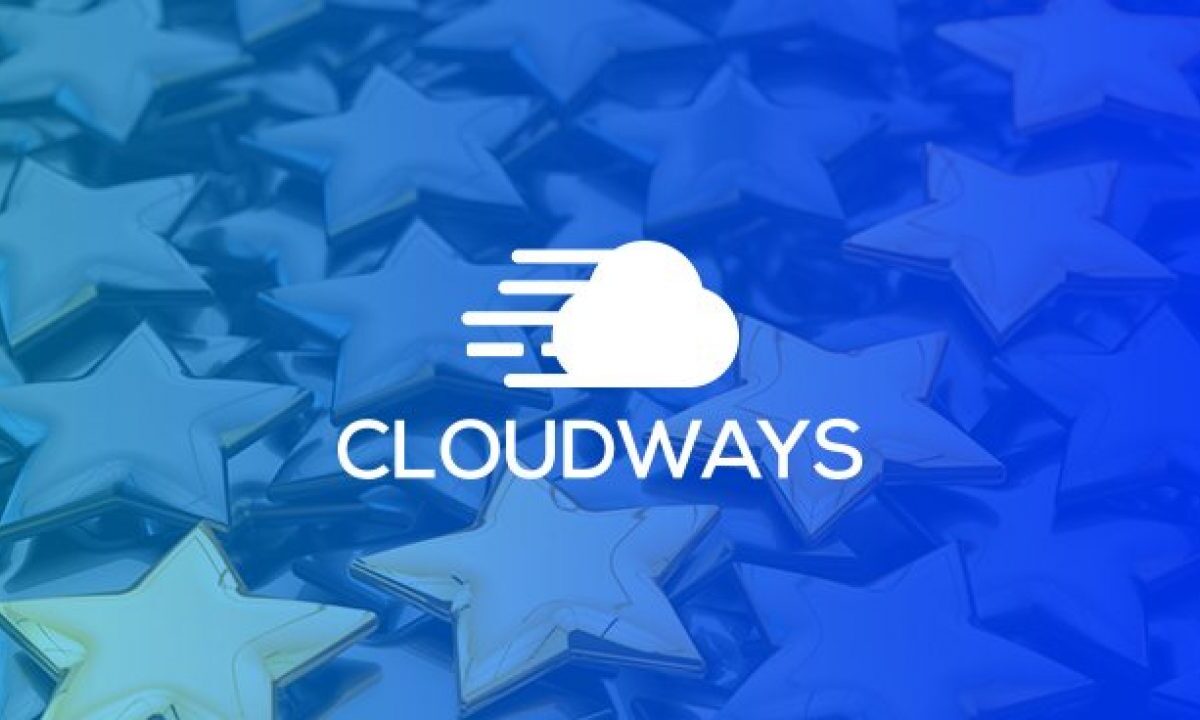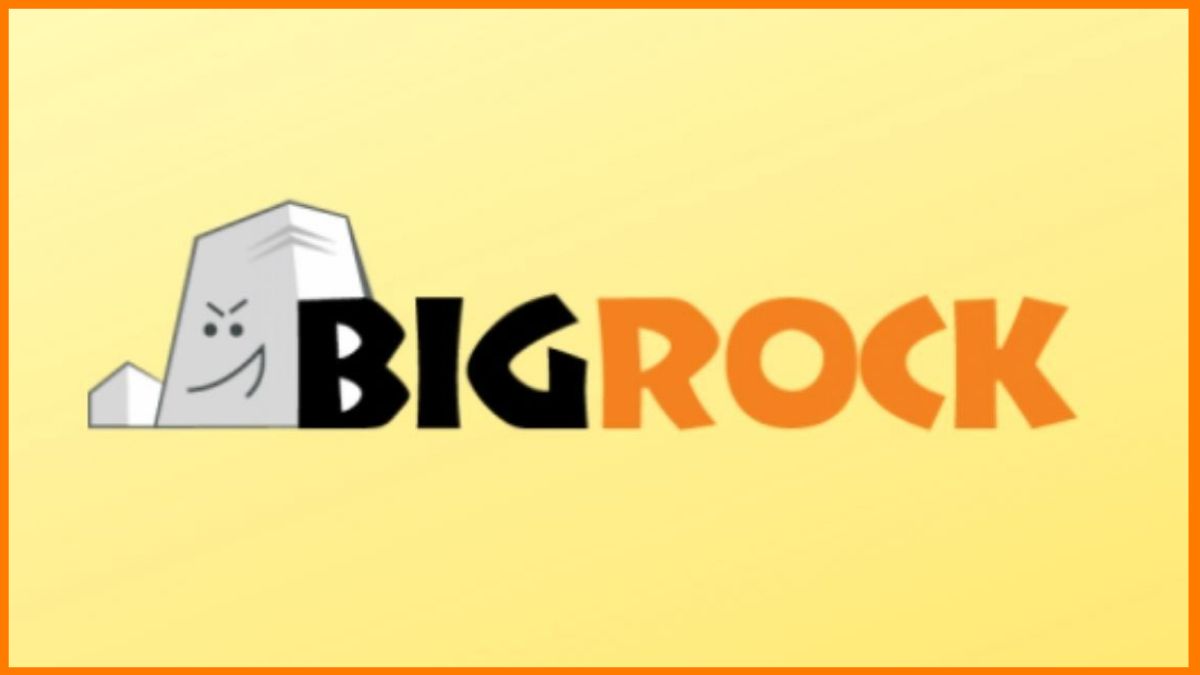In today’s rapidly evolving digital landscape, it has become increasingly vital for businesses and individuals alike to establish a strong online presence. As a content creator and aspiring digital marketer, I’ve always strived to stay ahead of the curve and keep up with the latest trends and tools that can help me achieve my goals. […]
Category: E-commerce Solutions/providers
In the age of digitalization, it?s more important than ever to have a robust e-commerce system if you want to keep up with the competition and succeed. E-commerce solutions/providers are tools, platforms, and services that help businesses sell their products or services online. These solutions range from simple shopping cart applications to integrated enterprise systems that support back-office functions like inventory management, customer relationship management (CRM), marketing, data analysis, and more. This blog post will explore what e-commerce solutions/providers are and how they can help your business grow.
Comprehensive Buying Guide for E-Commerce Solutions/Providers
When it comes to choosing an E-commerce solution/provider, there are several factors to consider, such as features, ease of use, pricing, customer support, and more. Here is a table summarizing some of the top E-commerce solution providers, along with their features, pricing, and other details:
| Brand | Features | Pricing | Pros | Cons |
|---|---|---|---|---|
| Shopify | Unlimited products, Multi-channel integration, Mobile-responsive themes | Basic plan starting at $29/month | User-friendly, comprehensive app store, excellent customer support | Limited customization options, transaction fees on third-party payment gateways |
| WooCommerce | Open-source, Customizable, Extensive plugin library | Free plugin with paid hosting, transaction fees on third-party payment gateways | Customizable, flexible, no limits on product or transaction fees | Requires technical expertise to set up and manage, limited customer support |
| BigCommerce | Advanced SEO features, Multi-channel integration, Responsive design | Standard plan starting at $29.95/month | Scalable, flexible, feature-rich | Limited design customization, transaction fees on third-party payment gateways |
| Magento | Customizable, Open-source, Advanced features | Free community edition, enterprise edition starts at $22,000/year | Customizable, feature-rich, suitable for large-scale enterprises | Requires technical expertise to set up and manage, expensive enterprise edition |
| Squarespace | User-friendly, Customizable, Responsive design | Business plan starting at $18/month | Easy to use, attractive templates, all-in-one solution | Limited third-party integrations, limited payment gateway options |
In addition to these top brands, there are also several budget-friendly options available, such as:
- Ecwid: A cloud-based E-commerce solution with a free plan and paid plans starting at $15/month.
- Wix: An all-in-one website builder that also offers E-commerce capabilities, with plans starting at $23/month.
- Weebly: Another website builder with E-commerce features, with plans starting at $12/month.
When choosing an E-commerce solution/provider, it’s essential to consider your specific needs and budget. Here are some key factors to consider:
- Features: Look for features that are important for your business, such as product management, payment gateways, shipping options, SEO capabilities, and more.
- Ease of use: Consider the platform’s user-friendliness, customization options, and ease of management.
- Pricing: Evaluate the cost of the platform, including any transaction fees, hosting fees, or other hidden costs.
- Customer support: Look for a platform with reliable customer support, including phone, email, and chat support, as well as comprehensive documentation and resources.
By considering these factors and comparing different platforms, you can find an E-commerce solution/provider that best meets your business needs and budget.
Product Comparison of Popular E-Commerce Solutions/Providers
When it comes to choosing an E-commerce solution/provider, there are several options available, each with its own set of features, pricing, and customer reviews. Here is a comparison of some of the most popular E-commerce solutions/providers:
Shopify
Shopify is a cloud-based E-commerce platform that powers over 1 million online stores. It offers a range of features, including unlimited product listings, mobile-responsive themes, multi-channel integration, and more. Here’s a summary of Shopify’s features, pricing, and customer reviews:
| Features | Pricing | Customer Reviews |
|---|---|---|
| Unlimited products | Basic plan starting at $29/month | 4.5/5 stars on Trustpilot |
| Multi-channel integration | Transaction fees on third-party payment gateways | 4.3/5 stars on Capterra |
| Mobile-responsive themes | Comprehensive app store | 4.7/5 stars on G2 |
Pros:
- User-friendly platform with a simple interface.
- Excellent customer support with 24/7 availability.
- Comprehensive app store with a wide range of integrations and extensions.
Cons:
- Limited customization options for themes and templates.
- Transaction fees on third-party payment gateways can add up quickly for high-volume sellers.
WooCommerce
WooCommerce is a free, open-source E-commerce plugin designed for use with WordPress. It offers extensive customization options and an extensive library of plugins for additional functionality. Here’s a summary of WooCommerce’s features, pricing, and customer reviews:
| Features | Pricing | Customer Reviews |
|---|---|---|
| Open-source | Free plugin with paid hosting | 4.3/5 stars on Trustpilot |
| Customizable | Transaction fees on third-party payment gateways | 4.4/5 stars on Capterra |
| Extensive plugin library | No limits on products or transactions | 4.2/5 stars on G2 |
Pros:
- Fully customizable platform with a wide range of plugins and themes available.
- No limits on product or transaction volume, making it suitable for high-volume sellers.
- Free plugin with paid hosting options available for budget-conscious businesses.
Cons:
- Requires technical expertise to set up and manage.
- Limited customer support available compared to other platforms.
BigCommerce
BigCommerce is a cloud-based E-commerce platform that offers a range of advanced features, including advanced SEO capabilities, multi-channel integration, and responsive design. Here’s a summary of BigCommerce’s features, pricing, and customer reviews:
| Features | Pricing | Customer Reviews |
|---|---|---|
| Advanced SEO features | Standard plan starting at $29.95/month | 4.4/5 stars on Trustpilot |
| Multi-channel integration | Transaction fees on third-party payment gateways | 4.3/5 stars on Capterra |
| Responsive design | Scalable, feature-rich platform | 4.2/5 stars on G2 |
Pros:
- Feature-rich platform with a range of advanced capabilities, including multi-channel integration and responsive design.
- Advanced SEO features for improved search engine visibility.
- Scalable platform suitable for businesses of all sizes.
Cons:
- Limited customization options for design and layout.
- Transaction fees on third-party payment gateways can add up quickly for high-volume sellers.
E-commerce Solutions/Providers for Every Budget
Whether you’re a small business owner on a tight budget or a large enterprise looking for advanced features, there’s an E-commerce solution/provider that can meet your needs. Here’s a list of E-commerce solutions/providers for every budget:
Affordable Options
- Ecwid: Ecwid is a cloud-based E-commerce solution that offers a free plan and paid plans starting at $15/month. It’s an affordable option for small businesses or those just starting with online sales.
- Wix: Wix is an all-in-one website builder that also offers E-commerce capabilities. It has plans starting at $23/month and is an affordable option for small to medium-sized businesses.
- Weebly: Weebly is another website builder that offers E-commerce features, with plans starting at $12/month. It’s an affordable option for small businesses that want a user-friendly platform.
Mid-Range Options
- Shopify: Shopify is a cloud-based E-commerce platform that powers over 1 million online stores. It offers a range of features, including unlimited product listings, mobile-responsive themes, multi-channel integration, and more. Pricing starts at $29/month, making it a mid-range option suitable for small to medium-sized businesses.
- Squarespace: Squarespace is an all-in-one website builder that also offers E-commerce capabilities. It has plans starting at $18/month and is a mid-range option suitable for small to medium-sized businesses that want an all-in-one solution.
High-End Options
- BigCommerce: BigCommerce is a cloud-based E-commerce platform that offers a range of advanced features, including advanced SEO capabilities, multi-channel integration, and responsive design. Pricing starts at $29.95/month, making it a high-end option suitable for medium to large-sized businesses.
- Magento: Magento is a customizable, open-source E-commerce platform that offers advanced features and flexibility. It’s a high-end option suitable for large-scale enterprises with pricing starting at $22,000/year for the enterprise edition.
By considering these options and evaluating their features, pricing, and customer reviews, you can find the E-commerce solution/provider that best meets your business needs and budget.
Competitive Landscape Analysis of E-commerce Solutions/Providers
E-commerce solutions/providers are constantly evolving, with new players entering the market and existing ones expanding their capabilities. Here’s a competitive landscape analysis of some of the major E-commerce solutions/providers, along with a SWOT analysis of each:
Shopify
Shopify is a cloud-based E-commerce platform that powers over 1 million online stores. It offers a range of features, including unlimited product listings, mobile-responsive themes, multi-channel integration, and more.
| Strengths | Weaknesses |
|---|---|
| User-friendly platform with a simple interface | Limited customization options for themes and templates |
| Comprehensive app store with a wide range of integrations and extensions | Transaction fees on third-party payment gateways can add up quickly for high-volume sellers |
| Excellent customer support with 24/7 availability | Limited SEO capabilities compared to other platforms |
| Opportunities | Threats |
|---|---|
| Expanding into new markets and geographies | Intense competition from other platforms and new entrants |
| Developing new features and integrations | Dependence on third-party app developers for new integrations and extensions |
| Partnering with other companies to offer additional services | Increased regulation and compliance requirements |
WooCommerce
WooCommerce is a free, open-source E-commerce plugin designed for use with WordPress. It offers extensive customization options and an extensive library of plugins for additional functionality.
| Strengths | Weaknesses |
|---|---|
| Fully customizable platform with a wide range of plugins and themes available | Requires technical expertise to set up and manage |
| No limits on product or transaction volume, making it suitable for high-volume sellers | Limited customer support available compared to other platforms |
| Free plugin with paid hosting options available for budget-conscious businesses | Limited features and integrations compared to other platforms |
| Opportunities | Threats |
|---|---|
| Integrating with other platforms and services to offer additional features and functionality | Dependence on third-party developers for new plugins and themes |
| Expanding into new markets and geographies | Increased competition from other platforms and new entrants |
| Developing new features and capabilities | Limited scalability for very large enterprises |
BigCommerce
BigCommerce is a cloud-based E-commerce platform that offers a range of advanced features, including advanced SEO capabilities, multi-channel integration, and responsive design.
| Strengths | Weaknesses |
|---|---|
| Feature-rich platform with a range of advanced capabilities | Limited customization options for design and layout |
| Advanced SEO features for improved search engine visibility | Transaction fees on third-party payment gateways can add up quickly for high-volume sellers |
| Scalable platform suitable for businesses of all sizes | Limited third-party integrations compared to other platforms |
| Opportunities | Threats |
|---|---|
| Expanding into new markets and geographies | Increased competition from other platforms and new entrants |
| Developing new features and integrations | Dependence on third-party app developers for new integrations and extensions |
| Partnering with other companies to offer additional services | Increased regulation and compliance requirements |
Magento
Magento is a customizable, open-source E-commerce platform that offers advanced features and flexibility.
| Strengths | Weaknesses |
|---|---|
| Customizable platform suitable for large-scale enterprises | Requires technical expertise to set up and manage |
| Advanced features and capabilities, including multi-store support and advanced inventory management | Expensive enterprise edition, with pricing starting at $22,000/year |
| Scalable platform suitable for businesses of all sizes | Limited customer support compared to other platforms |
| Opportunities | Threats |
|---|---|
| Expanding into new markets and geographies | Increased competition from other platforms and new entrants |
| Developing new features and integrations | Dependence on third-party app developers for new integrations and extensions |
| Partnering with other companies to offer additional services | Increased regulation and compliance requirements |
Latest Trends and Innovations in E-commerce Solutions/Providers
The E-commerce Solutions/Providers market is constantly evolving, with new trends and innovations emerging regularly. Here’s an overview of some of the latest trends and innovations in the market:
Augmented Reality
Augmented Reality (AR) technology is becoming increasingly popular in the E-commerce market. AR allows customers to visualize products in their homes or offices before purchasing, giving them a better sense of the product’s size and how it would look in their space. Several E-commerce platforms, including Shopify, have already integrated AR capabilities into their platforms, and it’s expected that more platforms will follow suit.
Voice Commerce
Voice commerce is another trend that’s gaining popularity in the E-commerce market. With the rise of smart speakers and virtual assistants, more customers are using voice commands to search for and purchase products online. E-commerce platforms are starting to integrate voice commerce capabilities, allowing customers to purchase products through voice commands.
Personalization
Personalization is becoming increasingly important in the E-commerce market. Customers expect personalized experiences and recommendations when shopping online, and E-commerce platforms are incorporating artificial intelligence (AI) and machine learning (ML) technologies to provide more personalized experiences. This includes personalized product recommendations, personalized email marketing, and personalized pricing and promotions.
Mobile Optimization
Mobile optimization is another trend that’s gaining traction in the E-commerce market. With more customers shopping on their mobile devices, E-commerce platforms are placing a greater emphasis on mobile optimization. This includes mobile-responsive themes, mobile-friendly checkout processes, and mobile-specific features such as mobile wallets and QR codes.
Sustainability
Sustainability is becoming a more significant consideration for customers when shopping online. E-commerce platforms are responding by offering sustainable products and packaging, as well as incorporating sustainable practices into their operations. This includes reducing waste, using renewable energy sources, and promoting eco-friendly shipping options.
Expert Reviews and Ratings of E-commerce Solutions/Providers
When it comes to choosing an E-commerce solution/provider, it’s essential to consider expert reviews and ratings to ensure you’re getting a platform that meets your business needs. Here’s an overview of some of the top E-commerce solutions/providers, along with expert reviews and ratings:
Shopify
Shopify is a cloud-based E-commerce platform that powers over 1 million online stores. It offers a range of features, including unlimited product listings, mobile-responsive themes, multi-channel integration, and more.
Expert Review: PCMag gave Shopify an Editors’ Choice award, citing its “user-friendly interface, affordable pricing, and extensive app store.”
Expert Rating: 4.5/5 stars on PCMag
WooCommerce
WooCommerce is a free, open-source E-commerce plugin designed for use with WordPress. It offers extensive customization options and an extensive library of plugins for additional functionality.
Expert Review: TechRadar praised WooCommerce’s “ease of use, scalability, and customizability,” calling it “the perfect solution for small to medium-sized businesses.”
Expert Rating: 4.5/5 stars on TechRadar
BigCommerce
BigCommerce is a cloud-based E-commerce platform that offers a range of advanced features, including advanced SEO capabilities, multi-channel integration, and responsive design.
Expert Review: Business.com called BigCommerce “one of the best E-commerce platforms for scaling businesses,” citing its “robust feature set, strong SEO capabilities, and scalability.”
Expert Rating: 4.5/5 stars on Business.com
Magento
Magento is a customizable, open-source E-commerce platform that offers advanced features and flexibility.
Expert Review: TechRadar praised Magento’s “scalability, flexibility, and feature-rich functionality,” calling it “the ideal solution for larger enterprises with more complex E-commerce needs.”
Expert Rating: 4.5/5 stars on TechRadar
Sustainability and Corporate Social Responsibility in E-commerce Solutions/Providers
In today’s world, sustainability and corporate social responsibility (CSR) are becoming increasingly important considerations for businesses. E-commerce Solutions/Providers can play a significant role in helping companies reduce their environmental impact and promote social responsibility. Here are some ways companies can make their E-commerce Solutions/Providers more environmentally friendly and socially responsible:
Sustainability
| Initiative | Description |
|---|---|
| Sustainable products | Offer sustainable products made from eco-friendly materials, such as recycled or biodegradable packaging. |
| Green energy | Use renewable energy sources, such as wind or solar power, to power data centers and other operations. |
| Sustainable shipping | Use eco-friendly shipping methods, such as electric vehicles or bikes, to reduce carbon emissions from shipping. |
| Waste reduction | Reduce waste by using recycled materials and encouraging customers to recycle packaging. |
Corporate Social Responsibility
| Initiative | Description |
|---|---|
| Fair labor practices | Ensure that suppliers and partners adhere to fair labor practices and are held accountable for any violations. |
| Diversity and inclusion | Promote diversity and inclusion in the workplace and in hiring practices. |
| Giving back to the community | Partner with local organizations and charities to give back to the community and support social causes. |
| Ethical sourcing | Source products from suppliers that adhere to ethical and sustainable practices. |
By implementing these sustainability and CSR initiatives, E-commerce Solutions/Providers can help companies reduce their environmental impact and promote social responsibility. Companies can also look for E-commerce platforms that prioritize sustainability and CSR, such as those that use renewable energy sources or offer sustainable product options.
It’s essential for businesses to consider these factors when choosing an E-commerce solution/provider, as it not only promotes sustainability and social responsibility but also reflects positively on the business’s brand and reputation.
Factors to Consider When Choosing E-commerce Solutions/Providers
Choosing the right E-commerce solution/provider can be a daunting task, but by considering the following factors, consumers can make informed decisions that meet their business needs:
Cost
Cost is an important consideration when choosing an E-commerce solution/provider. Consumers should consider their budget and look for platforms that offer pricing plans that align with their financial goals.
Features
Consumers should consider the features and capabilities of each E-commerce solution/provider they are considering. This includes product listing capabilities, payment gateway integrations, SEO capabilities, mobile responsiveness, and more. Consumers should look for platforms that offer features that align with their business needs.
Ease of Use
Consumers should also consider the ease of use of each E-commerce solution/provider they are considering. They should look for platforms that have intuitive interfaces and require minimal technical expertise to set up and manage.
Scalability
Scalability is another important consideration, as businesses grow and expand over time. Consumers should look for platforms that can accommodate their growing business needs and can handle increased traffic and transaction volume.
Customer Support
Customer support is another crucial consideration when choosing an E-commerce solution/provider. Consumers should look for platforms that offer excellent customer support, with 24/7 availability and knowledgeable representatives.
Security
Security is paramount in E-commerce, as it involves sensitive customer information and financial transactions. Consumers should look for platforms that offer secure payment gateways, SSL certificates, and other security features to protect their business and their customers.
By considering these factors and evaluating E-commerce Solutions/Providers based on their needs, consumers can choose the right product that meets their business needs and goals. Additionally, consumers can read reviews and ratings from other customers and industry experts to gain a better understanding of each platform’s strengths and weaknesses.
Market Dynamics of E-commerce Solutions/Providers
The E-commerce Solutions/Providers market is a dynamic and growing industry, with new players and emerging trends constantly shaping the market. Here’s an overview of the market dynamics, including emerging trends, key players, and growth prospects:
Emerging Trends
| Trend | Description |
|---|---|
| Augmented Reality | Augmented Reality (AR) technology is becoming increasingly popular in the E-commerce market, allowing customers to visualize products in their homes or offices before purchasing. |
| Voice Commerce | Voice commerce is gaining popularity, with more customers using voice commands to search for and purchase products online. |
| Personalization | Personalization is becoming increasingly important, with E-commerce platforms incorporating AI and ML technologies to provide more personalized experiences for customers. |
| Mobile Optimization | Mobile optimization is becoming more crucial as more customers shop on their mobile devices. |
| Sustainability | Sustainability is becoming a more significant consideration for customers when shopping online, with E-commerce platforms offering sustainable products and packaging. |
Key Players
| Company | Description |
|---|---|
| Shopify | Shopify is a cloud-based E-commerce platform that powers over 1 million online stores. |
| WooCommerce | WooCommerce is a free, open-source E-commerce plugin designed for use with WordPress. |
| BigCommerce | BigCommerce is a cloud-based E-commerce platform that offers a range of advanced features, including advanced SEO capabilities and responsive design. |
| Magento | Magento is a customizable, open-source E-commerce platform that offers advanced features and flexibility. |
Growth Prospects
The E-commerce Solutions/Providers market is expected to continue growing in the coming years, with a projected CAGR of 14.7% from 2021-2028. This growth is driven by increasing consumer demand for online shopping, as well as advancements in technology and the emergence of new players in the market.
| Market Segment | Growth Prospects |
|---|---|
| North America | Projected CAGR of 13.2% from 2021-2028 |
| Europe | Projected CAGR of 14.3% from 2021-2028 |
| Asia Pacific | Projected CAGR of 16.4% from 2021-2028 |
| Rest of the World | Projected CAGR of 15.8% from 2021-2028 |
By keeping up with emerging trends and choosing the right E-commerce solution/provider, businesses can take advantage of this growth and capitalize on the increasing demand for online shopping.
Consumer Behavior and Buying Patterns for E-commerce Solutions/Providers
E-commerce Solutions/Providers are becoming increasingly popular among businesses of all sizes, and consumer behavior and buying patterns are changing as a result. Here’s an overview of the latest research on consumer behavior and buying patterns for E-commerce Solutions/Providers:
Online Research
According to a survey by Shopify, 82% of consumers conduct online research before making a purchase. This includes researching product features, prices, and reviews, as well as comparing different E-commerce platforms.
Mobile Shopping
Mobile shopping is becoming increasingly popular, with more consumers using their mobile devices to shop online. According to a survey by eMarketer, mobile E-commerce sales are expected to reach $3.56 trillion by 2021, accounting for 72.9% of total E-commerce sales.
Importance of User Experience
User experience is becoming increasingly important in E-commerce, with consumers expecting intuitive interfaces and seamless checkout processes. According to a survey by Baymard Institute, 27% of consumers abandon their shopping carts due to a complicated checkout process.
Social Media
Social media is becoming an increasingly important channel for E-commerce sales, with consumers discovering products and making purchases through social media platforms. According to a survey by GlobalWebIndex, 54% of social media users use social media to research products, and 28% have made a purchase through social media.
Subscription Services
Subscription services are becoming more popular among consumers, with businesses offering subscription-based models for everything from food and clothing to software and digital media. According to a survey by McKinsey, the subscription E-commerce market has grown by more than 100% per year over the past five years.
Impact of Technological Advancements on E-commerce Solutions/Providers
Technological advancements have had a significant impact on the E-commerce Solutions/Providers industry, enabling businesses to offer more advanced features and capabilities to customers. Here’s an overview of the impact of technological advancements on E-commerce Solutions/Providers:
Mobile Optimization
Mobile optimization is becoming increasingly important in E-commerce, with more customers shopping on their mobile devices. Technological advancements have made it possible for E-commerce platforms to offer mobile-responsive themes, mobile-specific features such as mobile wallets and QR codes, and mobile-friendly checkout processes.
Artificial Intelligence and Machine Learning
Artificial intelligence (AI) and machine learning (ML) technologies are becoming increasingly important in E-commerce, enabling businesses to offer more personalized experiences for customers. This includes personalized product recommendations, personalized email marketing, and personalized pricing and promotions.
Augmented Reality
Augmented Reality (AR) technology is becoming increasingly popular in the E-commerce market, allowing customers to visualize products in their homes or offices before purchasing. This technology enables businesses to offer more advanced product visualization capabilities, increasing customer engagement and driving sales.
Voice Commerce
Voice commerce is another emerging technology in the E-commerce market, with more customers using voice commands to search for and purchase products online. E-commerce platforms are starting to integrate voice commerce capabilities, allowing customers to purchase products through voice commands.
Blockchain
Blockchain technology is becoming increasingly important in E-commerce, enabling businesses to offer more secure payment and transaction processing. This technology allows for secure and transparent transactions, reducing the risk of fraud and increasing customer trust.
Global Trade Dynamics for E-commerce Solutions/Providers
The E-commerce Solutions/Providers industry is a global market, with businesses and consumers around the world engaging in online transactions. Here’s an overview of the global trade dynamics for E-commerce Solutions/Providers, including import-export trends and trade policies:
Import-Export Trends
| Region | Top Exporters | Top Importers |
|---|---|---|
| North America | United States, Canada | China, United States |
| Europe | Germany, United Kingdom | China, United States |
| Asia Pacific | China, Japan | United States, China |
| Rest of the World | United Arab Emirates, Brazil | China, United States |
Trade Policies
Trade policies have a significant impact on the global E-commerce Solutions/Providers industry, affecting everything from product pricing to shipping regulations. Here are some of the key trade policies affecting E-commerce Solutions/Providers:
Tariffs and Taxes
Tariffs and taxes can significantly impact the cost of E-commerce Solutions/Providers, affecting both businesses and consumers. Tariffs can raise the cost of imported goods, while taxes can affect the overall cost of E-commerce transactions.
Intellectual Property Protection
Intellectual property protection is crucial in the E-commerce industry, as it protects businesses’ unique products and technologies from imitation and infringement. Trade policies around intellectual property protection can impact businesses’ ability to protect their products and technologies.
Data Protection and Privacy
Data protection and privacy are becoming increasingly important in the E-commerce industry, as businesses collect and use sensitive customer information. Trade policies around data protection and privacy can impact businesses’ ability to collect and use this information.
Latest Innovations and Research in E-commerce Solutions/Providers
The E-commerce Solutions/Providers industry is a dynamic and innovative space, with new discoveries and breakthroughs constantly shaping the market. Here’s an overview of the latest innovations and research in E-commerce Solutions/Providers:
Voice Commerce
Voice commerce is a rapidly growing trend in E-commerce, with more customers using voice commands to search for and purchase products online. Research is currently focused on improving the accuracy and speed of voice assistants, as well as developing more advanced voice commerce capabilities such as voice-based product recommendations and personalized pricing.
Artificial Intelligence and Machine Learning
Artificial intelligence (AI) and machine learning (ML) technologies are becoming increasingly important in E-commerce, enabling businesses to offer more personalized experiences for customers. Research is currently focused on improving the accuracy and efficiency of AI and ML algorithms, as well as developing new applications for these technologies in E-commerce, such as chatbots and virtual assistants.
Green E-commerce
Sustainability is becoming a more significant consideration for customers when shopping online, with E-commerce platforms offering sustainable products and packaging. Research is currently focused on developing more advanced sustainability applications in E-commerce, such as green shipping methods and carbon footprint calculators.
Development of E-commerce Solutions/Providers
Developing an E-commerce solution/provider is a complex process that requires careful planning, design, and implementation. Here’s an overview of how companies approach the development of E-commerce Solutions/Providers, from ideation to prototyping and commercialization strategies:
Ideation
| Step | Description |
|---|---|
| Identify Market Opportunity | Companies begin by identifying a market opportunity for an E-commerce solution/provider, analyzing customer needs and industry trends. |
| Define Business Objectives | Companies define their business objectives and goals for the E-commerce solution/provider, including revenue targets, user engagement metrics, and product features. |
| Develop Concept | Companies develop a concept for the E-commerce solution/provider, outlining its key features and capabilities. |
Prototyping
| Step | Description |
|---|---|
| Design and Development | Companies design and develop a prototype of the E-commerce solution/provider, including user interface design, payment gateway integrations, and other features. |
| User Testing | Companies conduct user testing on the prototype, gathering feedback and identifying areas for improvement. |
| Refinement | Companies refine the prototype based on user feedback, making adjustments and improvements as necessary. |
Commercialization
| Step | Description |
|---|---|
| Launch | Companies launch the E-commerce solution/provider, including marketing and advertising efforts to promote the product to customers. |
| Optimization | Companies optimize the E-commerce solution/provider based on user feedback and performance metrics, making adjustments and improvements to enhance user experience and drive sales. |
| Expansion | Companies may expand the E-commerce solution/provider to new markets, geographies, or customer segments, driving growth and increasing revenue. |
By following these steps and developing a comprehensive plan for E-commerce solution/provider development, companies can create products that meet customer needs and drive business growth. Additionally, companies can use performance metrics and user feedback to optimize and improve their E-commerce solutions/providers over time, ensuring continued success in a rapidly evolving market.
A Year of Empowered Data Collection: My In-Depth Review of BrightData
In today’s fast-paced digital world, data has become the lifeblood of businesses and organizations, fueling decision-making, market research, and strategic planning. However, acquiring accurate and reliable data can be a daunting task, particularly when faced with geographical restrictions, IP blocking, or limited access to specific online resources. That’s where proxy services come into play, offering […]
High Proxies Review: Transforming My Online Experience Over 8 Months
In this fast-paced digital era, where online activities have become an integral part of our lives, privacy and security are of paramount importance. Whether you’re browsing the web, conducting research, or managing your online business, it’s crucial to protect your personal information from prying eyes. This realization led me on a quest to find a […]
One Year Review: Unlocking the Power of ProxyMesh for Enhanced Internet Privacy
In an increasingly interconnected world, where our online presence holds significant value, ensuring privacy, security, and access to diverse content has become more important than ever. As an avid internet user and someone who values the protection of personal information, I recently found myself in need of a reliable proxy service to enhance my online […]
Enhanced Online Security and Privacy: A Comprehensive Review of My Private Proxy After 2 Years
In today’s digital age, where online privacy and security have become paramount concerns, finding reliable solutions to protect our personal information has never been more crucial. As an avid internet user, I understand the importance of safeguarding my online activities from prying eyes and potential threats. That’s why I recently decided to explore the world […]
GeoSurf Review: My Journey of Empowering Online Activities
In today’s rapidly evolving digital landscape, where the internet connects people and businesses across the globe, understanding and leveraging the power of geo-targeting has become essential. As an individual or a business looking to expand their online presence, the ability to access and analyze content from specific locations is crucial for success. That’s where GeoSurf […]
Storm Proxies Review: Transforming my Online Experience in 6 Months
In the ever-evolving world of the internet, ensuring online privacy and security has become increasingly important. Whether you’re a casual internet user, a digital marketer, or a seasoned web developer, the need for reliable and efficient proxy services cannot be underestimated. With a plethora of options available in the market, finding the right proxy provider […]
ProxyRack Review: Unveiling the Transformative Power of Proxy Services
In today’s interconnected world, where the internet plays an integral role in various aspects of our lives, online privacy and security have become paramount concerns. Whether you are a business professional, a digital marketer, or simply an avid internet user, safeguarding your online activities from prying eyes is crucial. This is where proxy services come […]
Revolutionizing My Online Experience: A Comprehensive Review of SmartProxy After 6 Months of Use
In an increasingly digital world, our online presence is extending far beyond personal use. Whether it’s researching, running a business, or simply browsing, internet connectivity is now an integral part of our day-to-day lives. With this heightened online activity, the demand for anonymity, security, and overall better internet management tools is on the rise. For […]
Oxylabs Review: Unveiling the Transformation – My One-Year Journey with Oxylabs Proxy Services
In today’s fast-paced digital landscape, data holds immense power and serves as a valuable asset for businesses and individuals alike. Whether it’s market research, competitive analysis, or gathering crucial insights, access to reliable and accurate data is paramount. That’s where Oxylabs comes into play. As a prominent player in the data collection industry, Oxylabs has […]
Cloudways Review: Unveiling the Transformative Power of Managed Cloud Hosting
In today’s fast-paced digital landscape, businesses of all sizes rely heavily on their online presence to thrive and succeed. As an entrepreneur or a web developer, finding the right hosting platform is crucial to ensure your website runs smoothly, efficiently, and securely. With a multitude of options available in the market, it can be challenging […]
Unlocking Savings: My Journey with BigRock Domain Registration & Hosting in 2023
In this digital era, having a strong online presence is crucial for individuals and businesses alike. Whether you’re an aspiring blogger, an entrepreneur launching a startup, or an established company looking to expand your online footprint, domain registration and hosting services play a vital role. However, finding the right platform that offers reliable services at […]
Shifter: Revolutionizing Proxy Servers – A Comprehensive Review of My 6-Month Experience
In this digital age where our lives are intertwined with technology, the need for online security and privacy has become paramount. As we navigate the vast landscape of the internet, we often encounter barriers, restrictions, and concerns that hinder our access to information and compromise our digital identities. That’s where proxy servers come into play, […]
The Ultimate GoDaddy Review: A Deep Dive into Its Products, Services, and My Personal Experience
If you’re in the market for a domain registrar and web host, you’ve likely come across GoDaddy. As one of the largest and most well-known providers in the industry, GoDaddy has a wide range of offerings to suit all kinds of website needs. But with so many options available, it can be overwhelming to navigate […]
